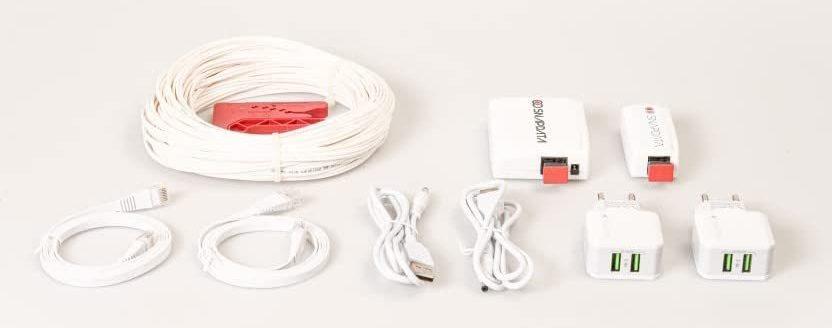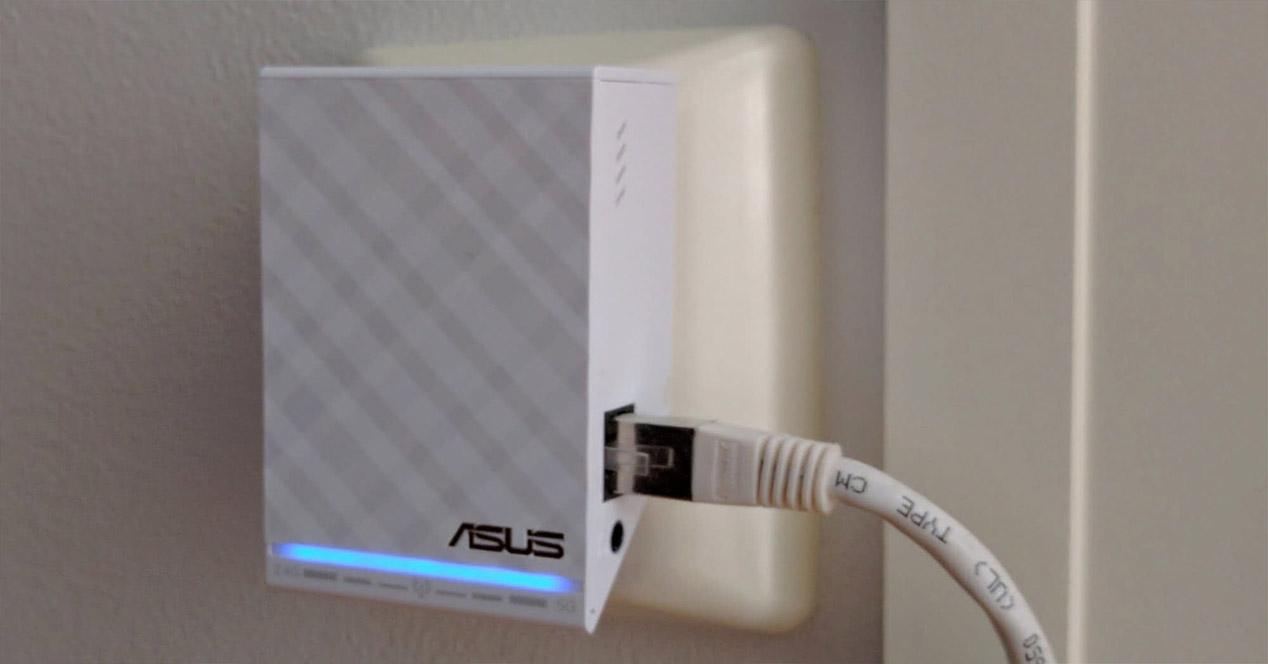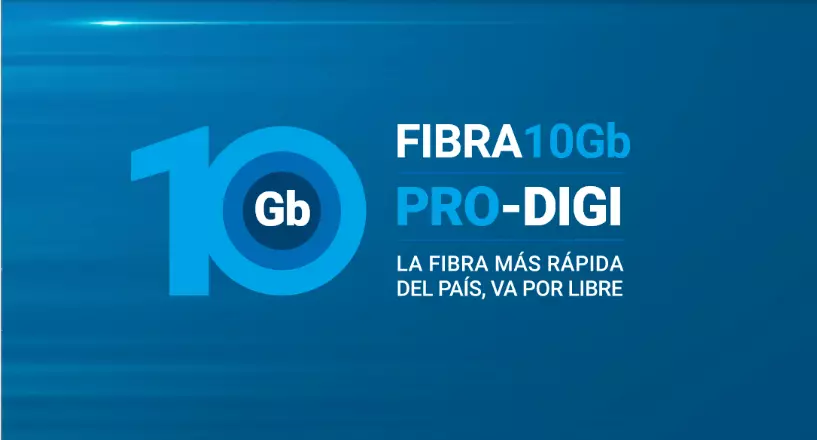
Good manners have long been a foundation upon which strong relationships and positive interactions are built. However, the digital age has transformed the way we connect with one another, requiring a reassessment of the etiquette we employ online. In this guide, we will explore strategies and best practices to help you maintain top-notch manners in this increasingly tech-driven world.
Digital Dos and Don’ts
Following these basic rules will ensure that your digital interactions are considerate, authentic, and respectful:
- DO respect others’ privacy and boundaries. Seek permission before sharing photos or personal information.
- DO proofread your messages for grammar and punctuation errors.
- DO customize and personalize your content to address recipients individually.
- DO maintain a positive and uplifting tone when engaging with others online.
- DON’T engage in online arguments or confrontations. It’s crucial to maintain civility and respect the opinions of others.
- DON’T overshare personal or confidential information online.
- DON’T utilize all capitals in your messages, as this is often interpreted as yelling.
- DON’T spam users with excessive messages, invitations, or self-promotion.
Digital Invitations
With digital events growing in popularity, sending online invitations has become an important aspect of modern etiquette. When creating and sending online party invitations, consider choosing a design that reflects the theme and tone of the event and personalizing the message by addressing each recipient individually. Remember to provide clear and concise information about the event, such as date, time, location, and dress code. Ensure you send the invitations with ample notice so that guests have time to RSVP and plan accordingly.
Professionalism on Social Media
When engaging on social media platforms, be mindful of presenting a professional image. Use a polished and appropriate profile picture, avoiding group shots or casual selfies. Enhance your online bio by including vital information and deleting outdated or irrelevant content. Adhere to privacy settings to keep personal and professional lives separate. Publish articles and posts or share content relevant to your industry to establish credibility and expertise.
Maintaining Email Etiquette
Email etiquette is vital in both personal and professional spheres. Use a clear, concise subject line that accurately reflects the email’s content. Adopt a formal tone for professional emails, opening with proper salutations. Employ short paragraphs, bullet points, and white space for easy readability. Always confirm the receipt of important emails or attachments. Remember to include a professional email signature to close the email.
Video Conferencing Etiquette
As remote work and virtual meetings become more prevalent, video conferencing etiquette is essential to productive and respectful communication. Ensure you are in a quiet, well-lit environment, free of distractions and background noise. Dress professionally and appropriately, as you would for an in-person meeting. Mute your microphone when not speaking to minimize background noise and avoid disruptions. Make eye contact and engage with the speaker by using non-verbal cues, such as nodding or smiling.
Commenting and Participating Online
Whether on social media, forums, or blog posts, interacting with others through comments requires certain etiquette. Stay on topic by focusing your comments on the specific subject of the post or discussion. Be respectful and considerate, avoiding language or behavior that may be deemed offensive or aggressive. Strive for clarity and conciseness, allowing readers to quickly understand your point of view. Offer constructive feedback and contribute meaningful thoughts to foster a positive community dialogue.
Digital Detox
Regularly taking time away from screens and devices is crucial for mental and emotional well-being. For a digital detox, set designated times throughout the day to disconnect from technology and focus on other activities or relationships. Establish technology-free zones in your home, such as the bedroom or dining room, to encourage quality time with loved ones. Find hobbies or activities outside of the digital world that pique your interests and stimulate personal growth. Consider utilizing apps or settings designed to limit screen time and track usage patterns, allowing for better self-awareness and time management.
Conclusion
Mastering modern manners and navigating social etiquette in the digital age requires being aware of your online presence and communication practices. By following this guide and adopting best practices, you can ensure that your online interactions are positive, respectful, and professional, ultimately forging stronger connections in both your personal and professional worlds.



